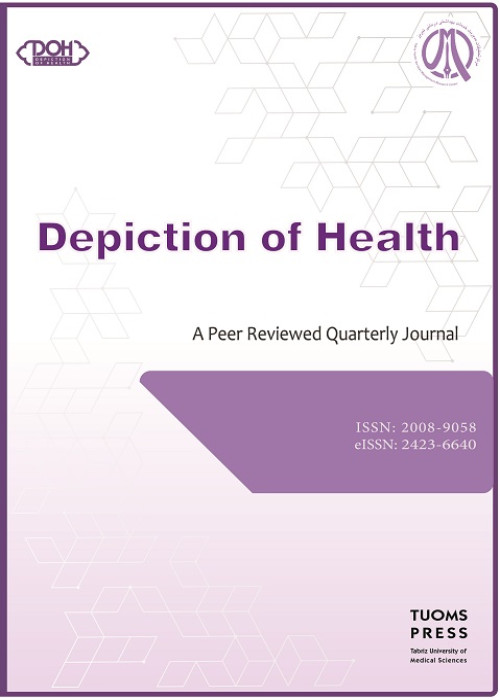Mass Testing and Verbal Screening to Control COVID-19 Pandemic: The Second Phase of National Mobilization Plan against COVID-19
As an emerging disease, COVID-19 is considered more than just a health crisis, as it socially affects communities. Therefore, community-oriented solutions via the primary health care system can better manage and control this pandemic. The Ministry of Health and Medical Education, and the executive branch of the Deputy Minister of Public Health, played an influential role in controlling the epidemic with the community-based and network-based interventions in the National Mobilization Plan against COVID-19.
A cross-sectional descriptive study was conducted. The data from portal of Network Management Center, Centers for Disease Control and Prevention (CDC), CLIS system, Reference Health Laboratory, and electronic record systems of the public health networks of all universities across the country were used to assess the second step of the National Mobilization Plan against COVID-19. Data was collected from April 13 to August 11, 2020, and was analyzed using SPSS software.
During the second phase, more than 42 million people were screened by health care providers. About 98.4% of this population were diagnosed with no problems, and 0.4% were referred to the selected COVID-19 comprehensive health centers for examination and medical procedures by physicians. Of all the direct and referred patients of the selected COVID-19 comprehensive health centers, 55.3% had no problems, 37.8% needed to be tested, and 3.6% needed to be referred to a hospital, and 3.3% received outpatient care. In the first days of laboratory screening, 11% of PCR were positive. By the end of the second step of the National Mobilization Plan against COVID-19, this rate had increased to 25%.
In times of crisis and epidemic conditions, the health network system and the primary health care providers can effectively manage outpatients and reduce the burden of hospitalization. Only 3.6% of outpatients in the network system were referred to hospitals. The rest were cared for and followed up by the primary health care providers. Therefore, strengthening the network system structure and primary health care should be further considered.
- حق عضویت دریافتی صرف حمایت از نشریات عضو و نگهداری، تکمیل و توسعه مگیران میشود.
- پرداخت حق اشتراک و دانلود مقالات اجازه بازنشر آن در سایر رسانههای چاپی و دیجیتال را به کاربر نمیدهد.


